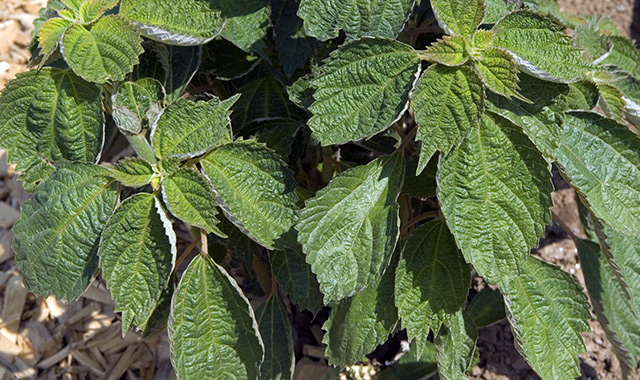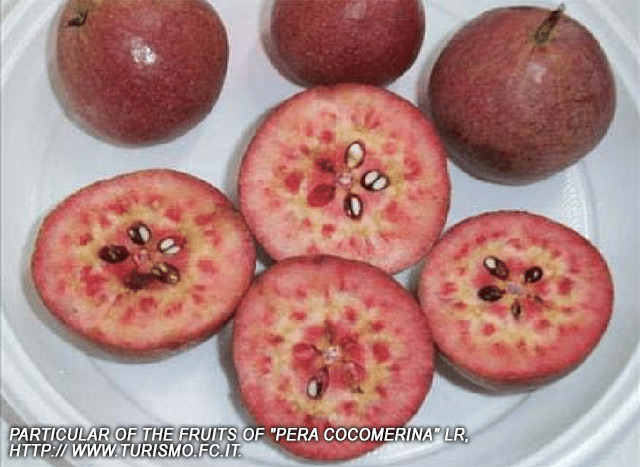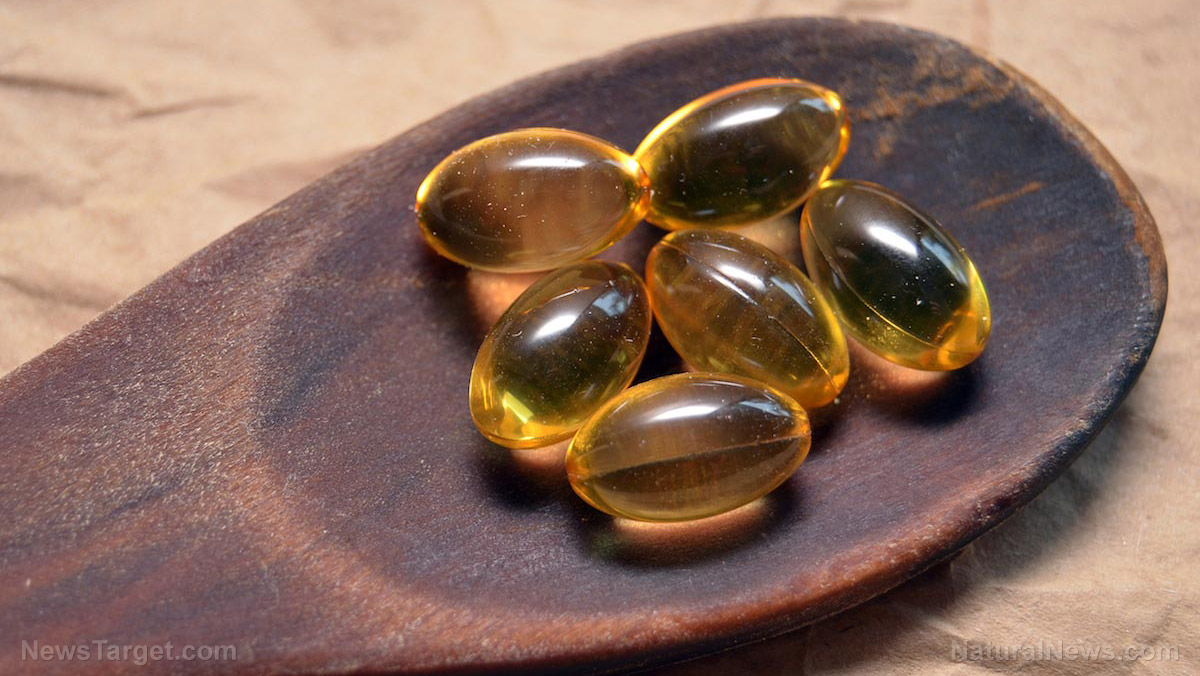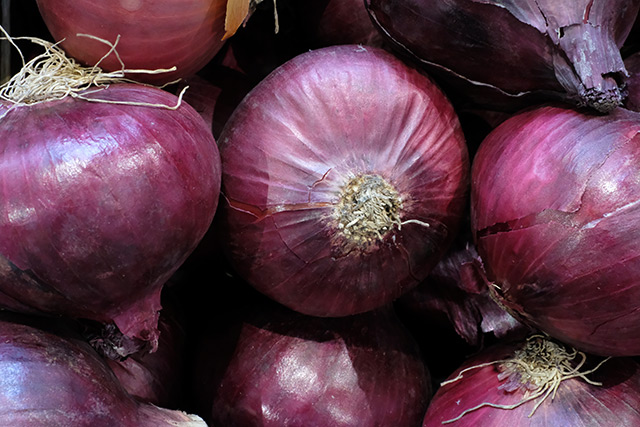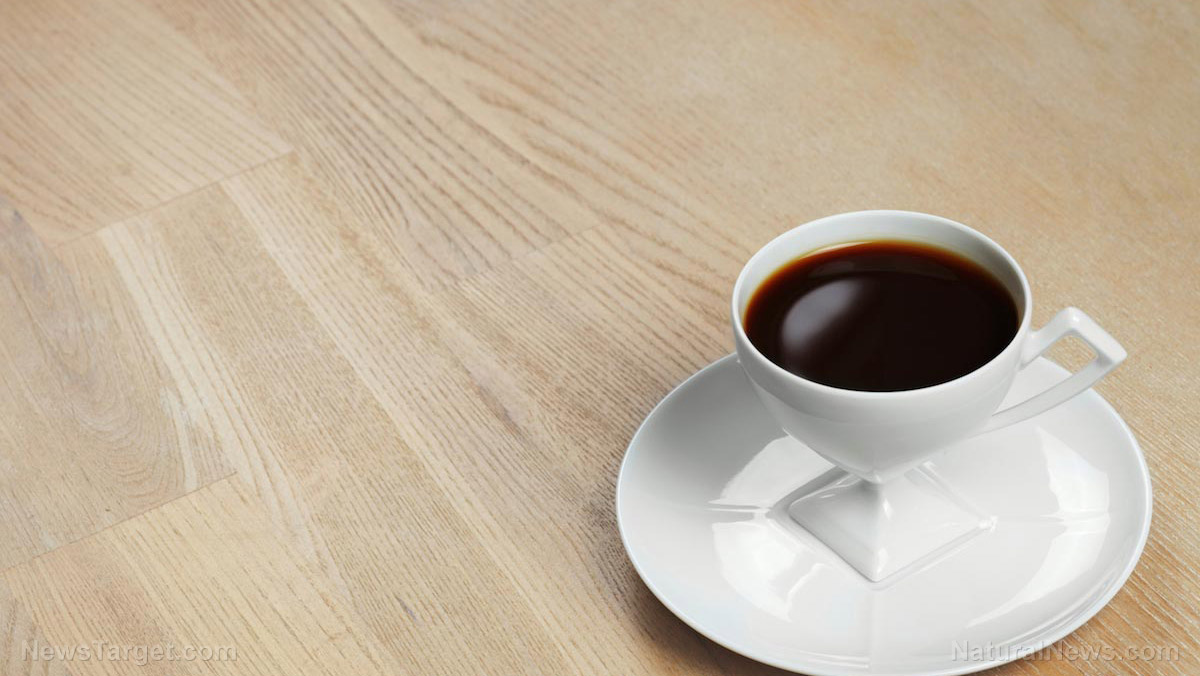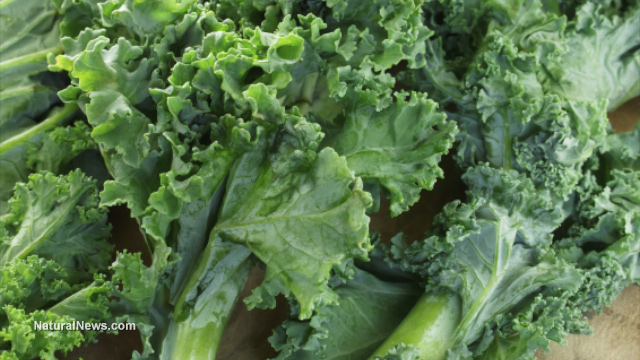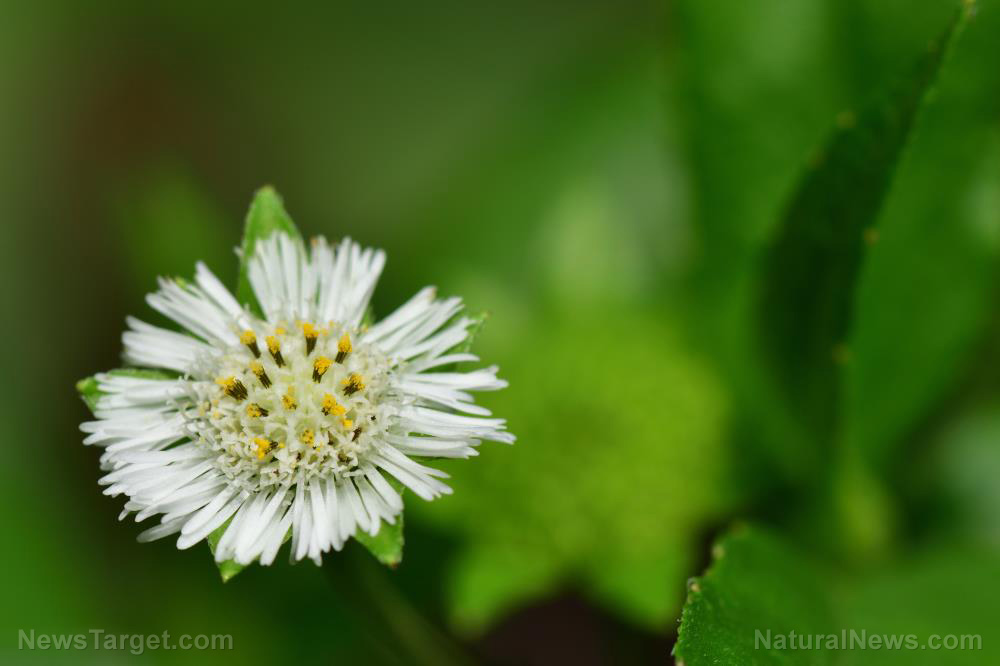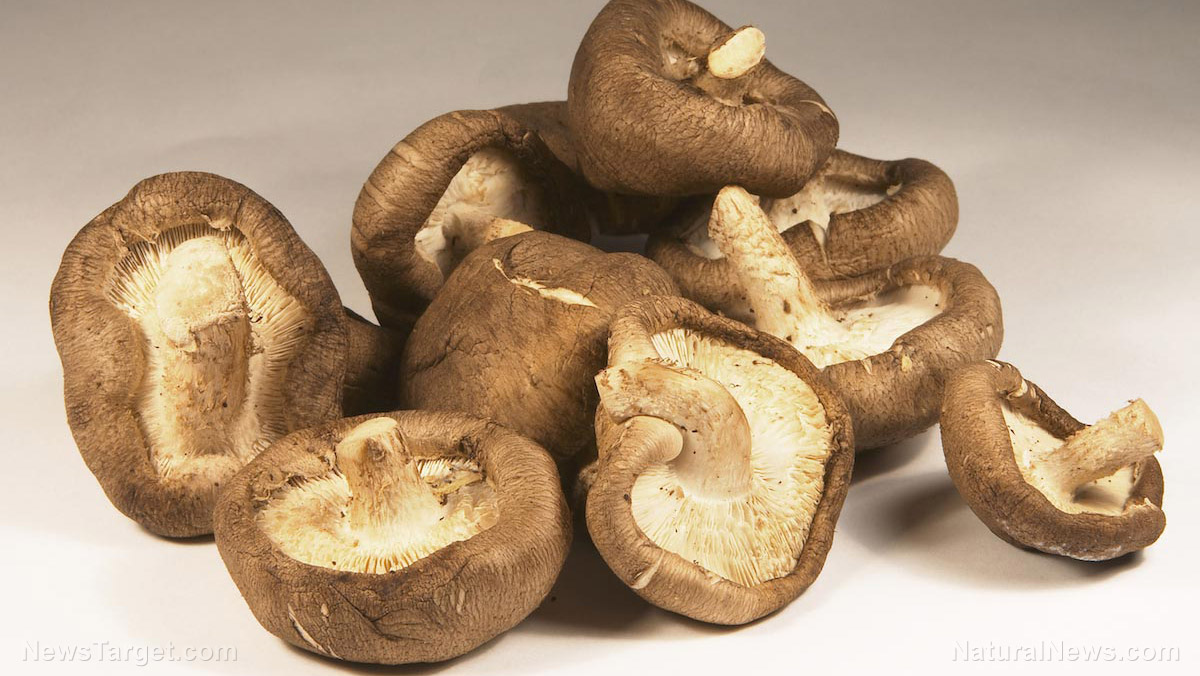The antioxidant potential of the Monotheca buxifolia
10/01/2018 / By Ellaine Castillo

A group of researchers from Quaid-i-Azam University discovered that the fruit of Monotheca buxifolia has antioxidant properties. This study, which was published in BMC Complementary and Alternative Medicine, evaluated the antioxidant potential of the methanol extract of M. buxifolia using an animal model.
- The fruit of M. buxifolia has been used for medicinal purposes, such as treating digestive and urinary tract disorders.
- M. buxifolia fruit was dried, pulverized, and extracted twice using 95 percent methanol.
- High-performance liquid chromatography with diode array detection (HPLC-DAD) was used to determine the polyphenolic content of the extracts.
- Male Sprague-Dawley rats were used for in vivo analysis. These rats were divided into the six groups with group 1 serving as control, groups 2 to 5 being exposed to carbon tetrachloride (CCl4), and group 6 being given methanol extract of M. buxifolia only. In addition to CCl4 treatment, rats from groups 3 to 5 were also given silymarin, 200 mg/kg and 400 mg/kg of methanol extract of M. buxifolia, respectively.
- To determine the effect of M. buxifolia, biochemical markers in urine and serum were analyzed. The kidneys of the rats were also assessed for histopathological changes, as well as the levels of antioxidant enzymes, DNA damage lipid peroxides, H2O2 and nitrite.
From the results of the experiment, the researchers concluded that M. buxifolia has antioxidant properties and can potentially be used for repairing damage caused by kidney disorders.
Read the full text of the study at this link.
Learn more about the antioxidant potential of Monotheca buxifolia by visiting Superfood.news today.
Journal Reference:
Jan S, Khan MR. PROTECTIVE EFFECTS OF MONOTHECA BUXIFOLIA FRUIT ON RENAL TOXICITY INDUCED BY CCL4 IN RATS. BMC Complementary and Alternative Medicine. 17 August 2016;16(289). DOI: 10.1186/s12906-016-1256-0
Tagged Under: antioxidant, antioxidant potential, Carbon tetrachloride, CCl4, fruit, good health, kidney, kidney disorders, Monotheca buxifolia, natural medicine, pakistani fruit, renal failure

